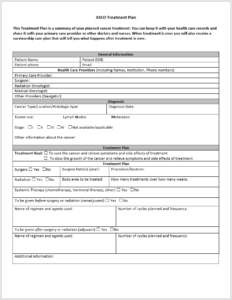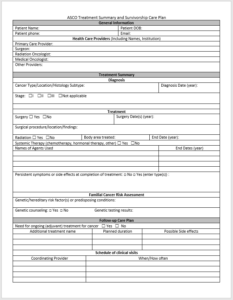Take Action
Become a Survivorship Champion
Survivorship Champions is a program for all clinicians and researchers, both oncology and primary care, who are interested in improving survivorship care and primary care’s role in caring for cancer survivors.
Join CPAT
The NCCS Cancer Policy & Advocacy Team (CPAT) is a program for survivors and caregivers to learn about pressing policy issues that affect quality cancer care in order to be engaged as advocates in public policy around the needs of cancer survivors.
Share Your Story
NCCS represents the millions of Americans who share a common experience – living with, through and beyond a cancer diagnosis. By sharing your story of how you have been touched by cancer, you are supporting the national cancer survivorship movement.
STAY CONNECTED
Together we can improve cancer care for survivors! Sign up to be the first to know about cancer policy issues and ways to take action
- About
- News
- Policy
- Get Involved
- Survivorship Survey
- Survivorship Checklist
- Resources
- Cancer Survival Toolbox
- Telehealth
- Care Planning for Cancer Survivors
- Ina® The Intelligent Nutrition Assistant
- Remaining Hopeful
- Self Advocacy
- Talking With Your Doctor
- Taking Charge of Your Care
- Order Our Resources
- Tools For Care Providers
- Telehealth Project
- Survivorship Champions Webinars
- Survivorship Checklist Guide for Clinicians
- Events
- Search
- Cart
National Coalition for Cancer Survivorship
8455 Colesville Road | Suite 930 | Silver Spring, MD 20910
info@canceradvocacy.org | (877) NCCS-YES
Privacy Policy | Terms and Conditions
Copyright © 1995-2024 by the National Coalition for Cancer Survivorship
National Coalition for Cancer Survivorship, NCCS, Cancer Survival Toolbox, and related Logos are registered in the United States as trademarks of the National Coalition for Cancer Survivorship.





